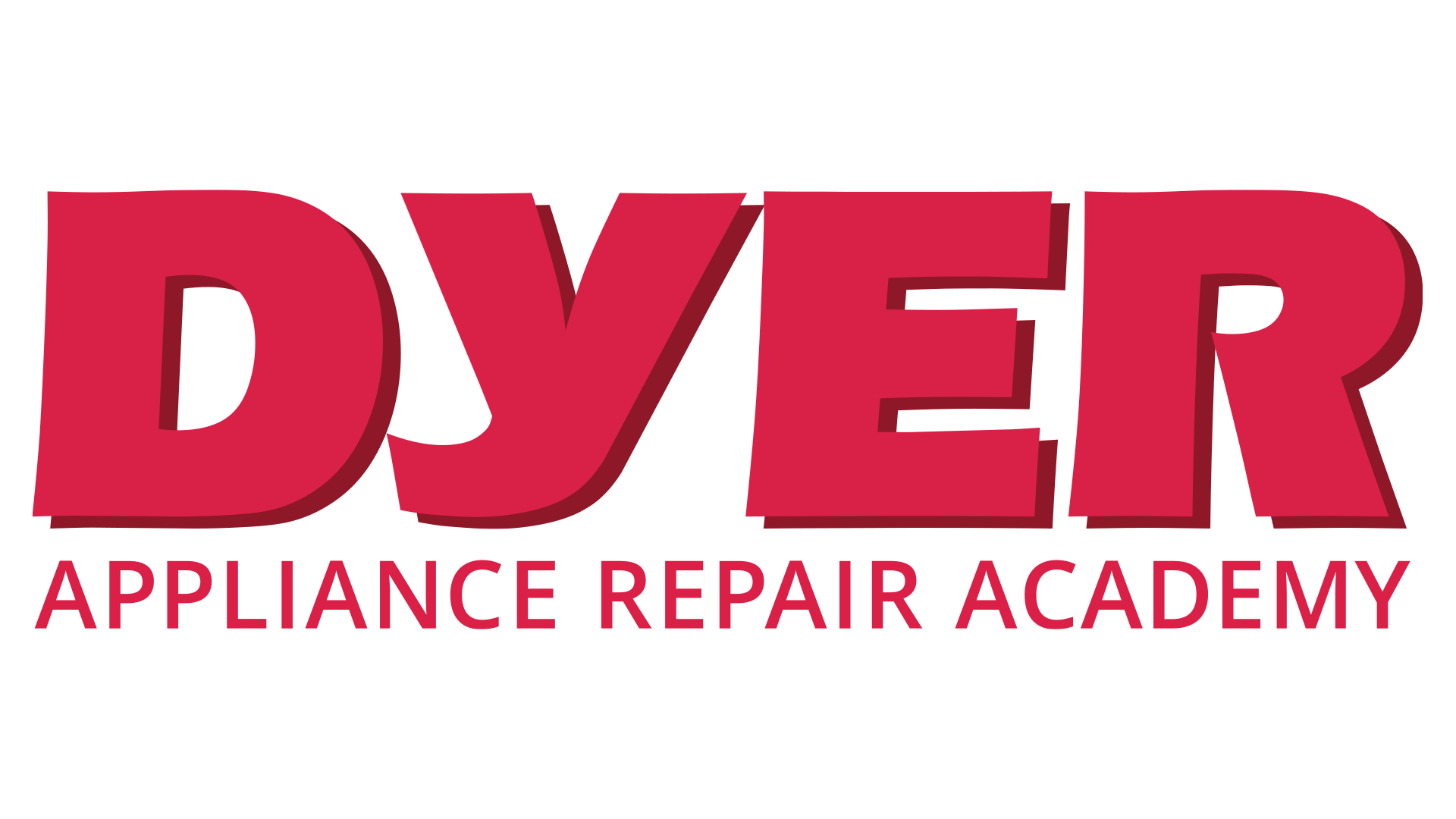
The simple answer to that question is to take our certification course, but we want to dive into this a bit more to explain more about the job, how much it pays, what you can expect, and, yes, how to get the proper training.
What is the Job?
There are various forms of this job, and you can see that in our weekly job postings. You may choose to go the route of a one-man show. If you do this, you are going to have on many different hats and your income will depend upon how well you are marketing the business. You could choose to take a job in a rental community, where you will likely be doing far more than just fixing appliances. You could also work for a company, have a guaranteed salary, and have the possibility of starting a career with a company. Only you can choose which route is right for you.
Regardless of that route, however, you will be servicing all types of appliances, usually in a home setting. You will:
- Diagnose the problem
- Obtain parts for the repair
- Install new parts, complete repair
- Document all work and billing for the repair
In terms of salary, the nationwide average for appliance repair technicians is just above $50,000, but some companies will pay considerably more for technicians with a lot of experience and additional qualifications.
The Process
For the most part, you are far better off doing training before looking for opportunities. Going through an academy like ours gives you real hands-on training that will be invaluable when you head out into the real world. There are, however, some companies that will hire you with no experience and pay for your training but do not be surprised to see them ask for a commitment.
We are obviously going to recommend technical training but not just because that is our business. As in any field, any experience you have gives you an advantage over unskilled workers. In our case, you are getting hands-on training with the appliances you will see in the field, not shown a bunch of videos, and then unleashed on your own.
You will not need certifications for all appliances, but some will require them, as will some manufacturers. Once you go through your training, consider taking state-level exams for certifications and keep your eye out for specialized training classes even after you start your career. In some cases, your employer will have training sessions for its employees or possibly pay for your additional training.
It may be difficult to find a decent-paying job out of the gate for some people, but we do not want that to deter you. If the problem is you not having real-world experience, offer to show your worth by working for the company as an intern to get the needed experience (or check around with local companies to see who is offering internship programs in the field).
The last thing we will say on this front is that learning never stops. There is always some new piece of equipment to learn about or a new technique you can learn, so always look to continue your education in the field, even if you land your ideal position. More education will assure you of holding that position.

